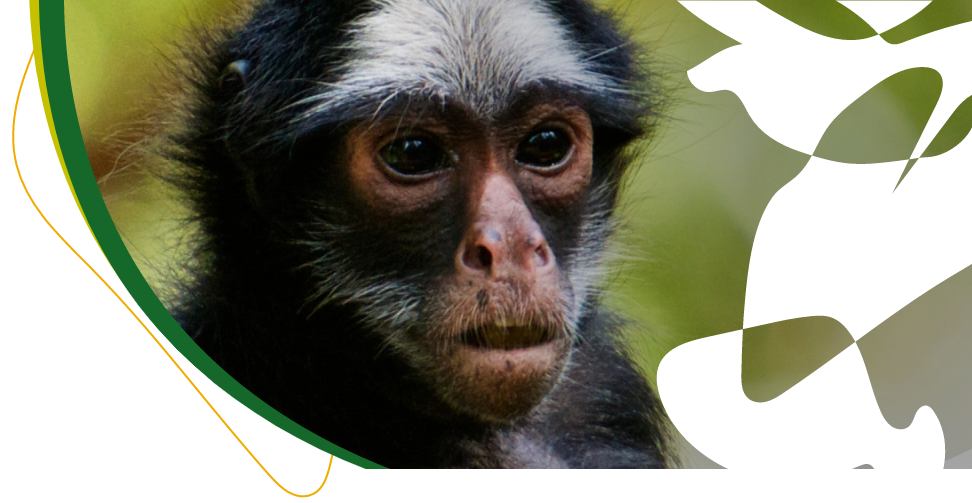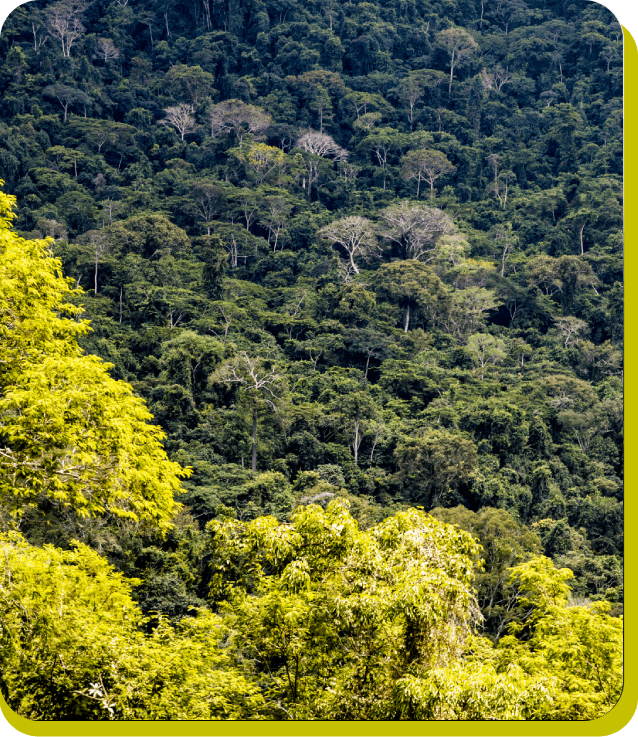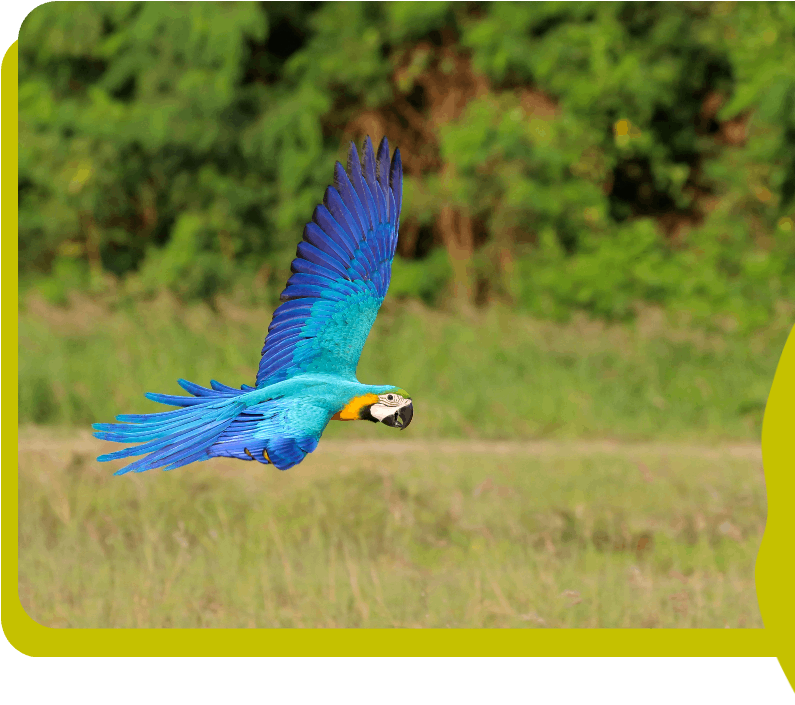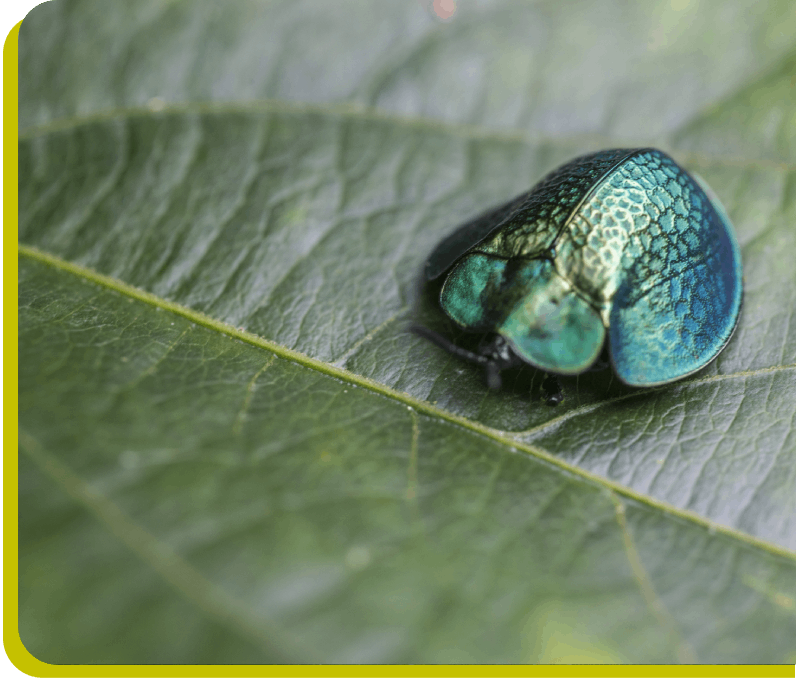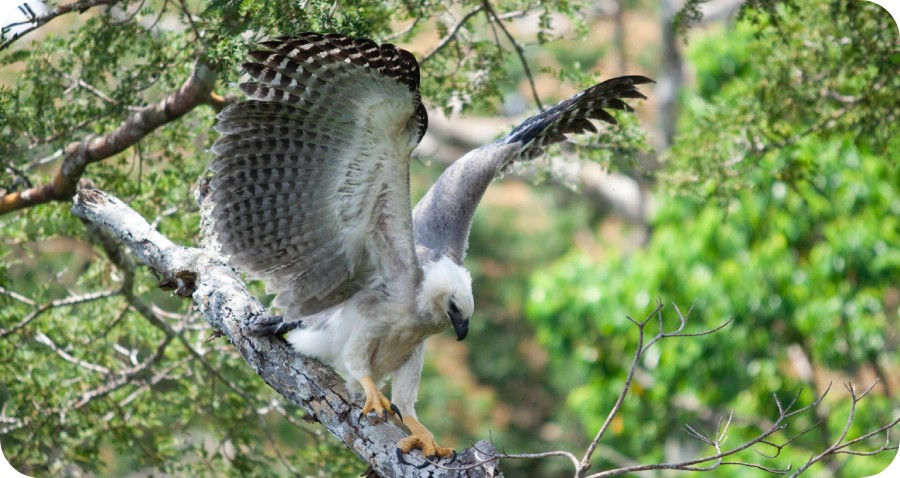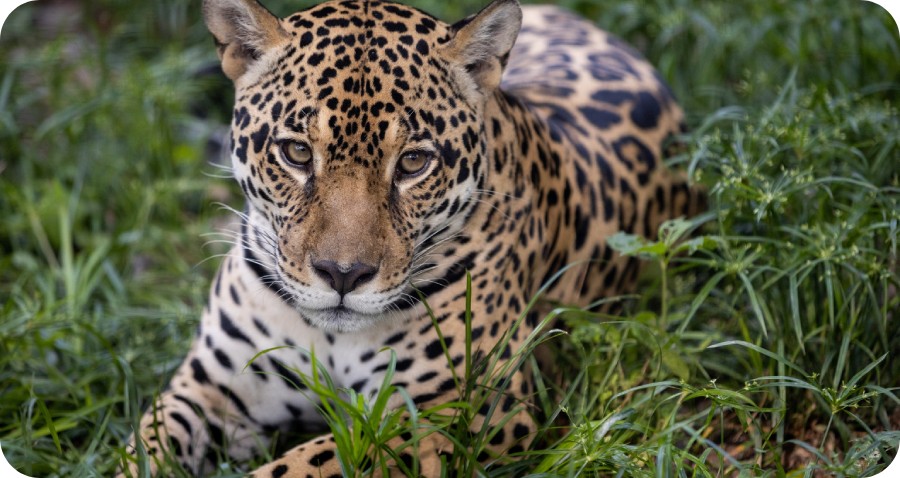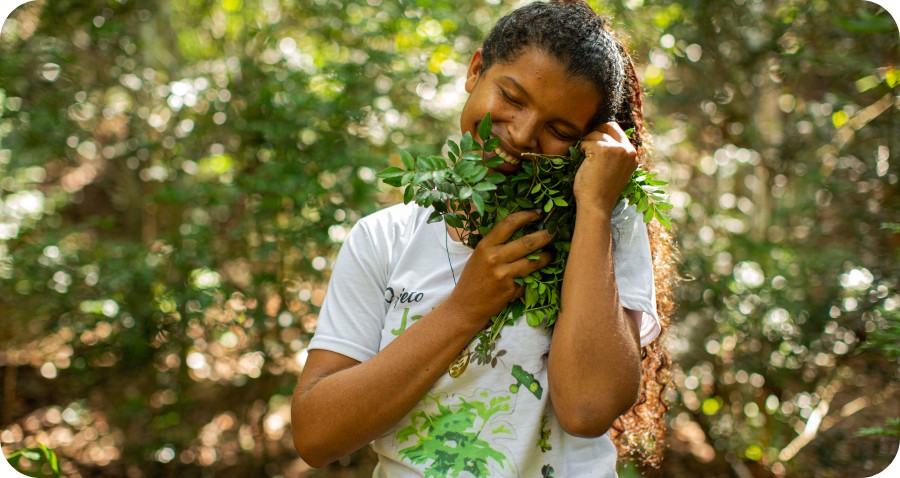Cookies Preferences Center
Your privacy is important to us
Vale Institute of Technology ("ITV"), in the development of its activities and availability of online environments, understands as relevant the electronic records of certain acts performed by you ("User") in the use of various ITV websites, systems and applications ("Environments"), and this Cookie Notice serves to regulate, in a simple, transparent, and objective manner, which technologies and information will be used during your browsing.
What are Cookies?
Cookies are files or information that can be stored on your devices when you visit a website. ITV uses cookies to make the website easier to use and better tailor it to your interests and needs, as well as to compile information about the use of our websites and services, helping to improve their structure and content. Cookies may also be used to speed up your future activities and experiences on the website.
There are technical cookies that are mandatory for running the website. There are also optional cookies, which are used to improve your browsing and personalize your experience and you can choose whether or not to accept their use.
Strictly Necessary Cookies
These are technical cookies that are essential and mandatory for the website to function.
They allow you to navigate our websites and use the services and features we provide (for example, security cookies to identify users).
Without these cookies, we cannot provide certain services on our website.
Functionality Cookies
In order to provide you with a more personalized experience, functionality cookies are used to retrieve your settings or preferences when you return to our website.
ITV uses the information collected from these Cookies to improve the website and the user experience, such as remembering your language preferences and/or your login details.
Measurement and Performance Cookies
These cookies are used to collect information to analyze traffic on our website.
For example, these cookies can measure factors such as time spent on the website or pages visited. This will allow us to understand how we can provide a more enjoyable experience for our visitors.
Information collected through these measurement and performance cookies does not identify any individual visitor.
Targeting and Advertising Cookies
They are used to record the pages you have visited in order to provide personalized advertisements with relevant ads according to your interests.
If you disable these cookies, please note that you will still see the advertisements, but they will not be personalized to your preferences.
Control and delete cookies
At any time, you can change your preferences as to which Cookies you wish to enable/disable.
For more information on how to proceed with managing Cookies in browsers:
- For more information on managing cookies in Internet Explorer, click here;
- For more information on managing cookies in Mozilla Firefox, click here;
- For more information on managing cookies in Google Chrome, click here;
- For more information on managing cookies in Safari, click here;
- For more information on managing cookies in Microsoft Edge, click here.
If you use different devices to access the website, you should ensure that each browser, on each device, is adjusted to suit your preferences regarding Cookies.
More information
This notice applies to ITV's corporate website and other linked subdomains.
This notice may be updated at any time by ITV by means of a notice on the website and/or by e-mail if you have opted to receive communications from us.
Any concerns regarding this notice can be resolved through our contact channel, available at: dpo@itv.org
Should you have any doubts, please refer to our Policy Notice.
